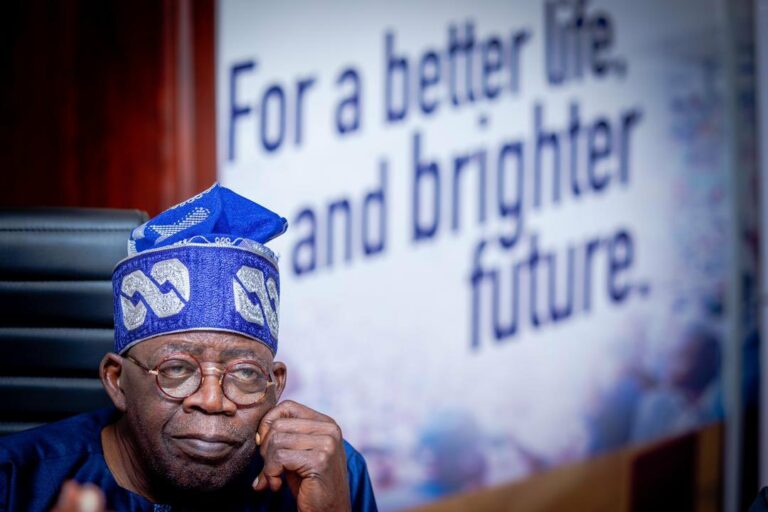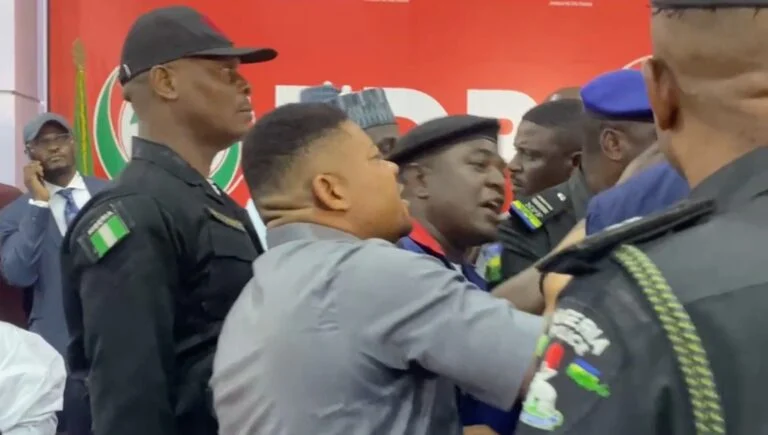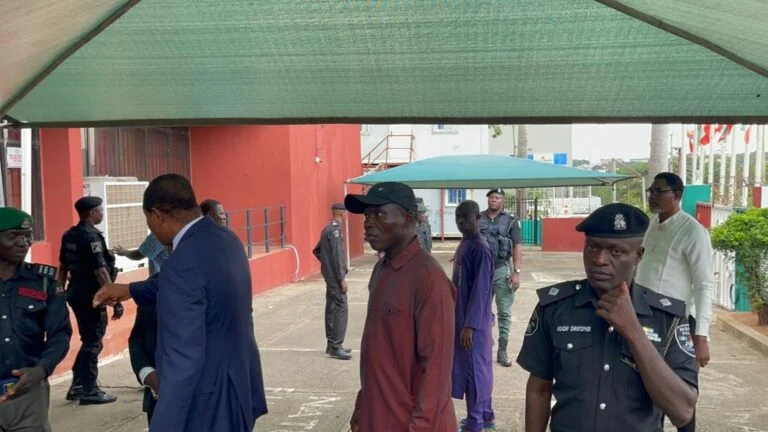The Chairman of the All Progressives Congress in Sokoto State has downplayed the ongoing efforts to create a political coalition in Northern Nigeria, labelling it as a group of “paperweight politicians” who lack electoral significance.
In an interview (with The Punch) at the Sokoto Government House on Saturday, Alhaji Isa Sadiq-Achida, the APC State Chairman, asserted that “even if any so-called coalition’s emerges in Northern Nigeria, Sokoto alone will deliver enough votes to bridge any gaps for President Bola Ahmed Tinubu in the North.”
He questioned the influence of former Kaduna State Governor, Malam Nasir El-Rufai, alleging that he had become disconnected from the people of his state, especially those in Southern Kaduna.
“I doubt that Malam Nasir El-Rufai will have any meaningful political relevance in Kaduna, especially considering how deeply he hurt the people of Southern Kaduna during his tenure. He didn’t even allow them to vote freely,” he stated.
Commenting on former Vice President Atiku Abubakar, Sadiq-Achida claimed that the PDP leader was facing internal turmoil and diminishing support in Adamawa.
“Everyone knows that Senator Aishatu Binani won that election, but something else happened. Atiku is even still struggling with his own governor, and his traditional title was stripped recently. That tells you everything you need to know.”
He said those championing the Northern coalition lacked grassroots followership, stressing that, “Those forming these coalitions are not real politicians. They’re politicians on paper. Many of them can not even win their polling units.”
Referring to former Senator Abubakar Gada, the Sokoto APC Chairman accused him of acting as a saboteur within the party before defecting to the Social Democratic Party, where he lost badly in the 2023 governorship election.
“Take Senator Abu Gada, for instance. He was sponsored to cause division in the APC. He went to court and lost. He later joined the SDP and contested for governorship. Out of 3,900 polling units in Sokoto, he got only 230 votes. He didn’t win even a single polling unit.”
He claimed that Gada lacked support in his hometown of Gadawa, stating that many locals barely knew him.
“He spent most of his life working at the NNPC. It was during Governor Wamakko’s administration that he was brought into politics and handed a senatorial ticket. After he won, he turned against Wamakko. Once the ticket was taken from him, he couldn’t win anything again, not even his polling unit.”
Sadiq-Achida reaffirmed the strength of the ruling party in Sokoto and expressed certainty that the state would deliver overwhelming support for President Tinubu and the APC in upcoming elections.
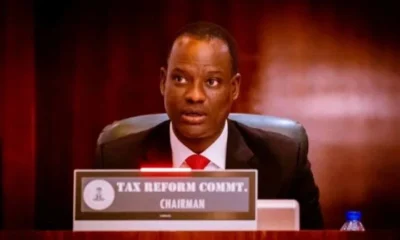
 BIG STORY4 days ago
BIG STORY4 days ago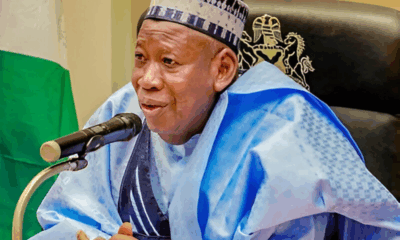
 BIG STORY4 days ago
BIG STORY4 days ago
 BIG STORY16 hours ago
BIG STORY16 hours ago
 BIG STORY5 days ago
BIG STORY5 days ago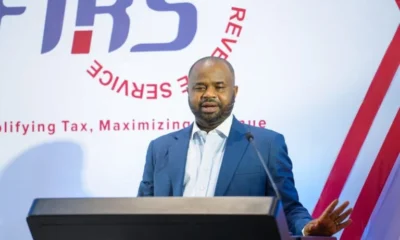
 BIG STORY5 days ago
BIG STORY5 days ago
 BIG STORY4 days ago
BIG STORY4 days ago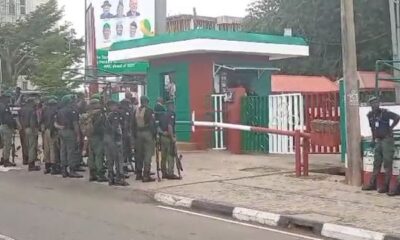
 BIG STORY2 days ago
BIG STORY2 days ago
 BIG STORY14 hours ago
BIG STORY14 hours ago



















